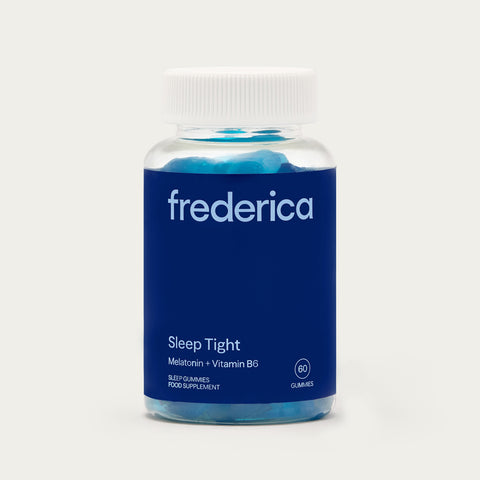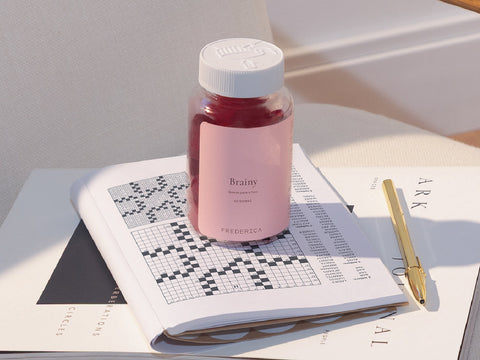How many autumnal things do we look forward to all year? Can we even count them? Roasted chestnuts, hot drinks, new boot collections from our favorite brands—all of this, and more.
This is the season of renewal. The approaching cold weather brings changes in sunlight, cooler temperatures, and sometimes a slight shift in lifestyle. And all of these changes can have tangible effects on the body and mind.
Everything in our bodies—hormonal balance patterns, mood swings, and sleep habits—can be affected by autumn's shorter days and longer nights. This is also the time of year when we lose some light during the day, especially after the time change, which can have some effects on us.
Sleep in autumn
Of all the months, October is the one in which people sleep the most (on average, 2 to 7 extra hours per night). At least, that's what Harvard researchers found. As fall begins, it's normal for people to start wanting a little more sleep than they did in the summer.
This condition is called hypersomnia, which is the exact opposite of insomnia. With shorter days and longer nights, our circadian rhythm (a roughly 24-hour cycle over which our biological processes occur, including all physical and mental changes) becomes out of whack. For this reason, our bodies need to rest for as long as possible.
Why is this the best time of year to sleep?
The simplest and most straightforward answer is: ideal lighting and perfect weather.
The mild climate and reduced sunlight exposure provide a more pleasant and refreshing rest. Unlike winter, where the cold reaches extremes, autumn temperatures help to alleviate the temperature of the human body and the environment.
To initiate sleep, our brain lowers its temperature and, in the phase in which we enter deep rest, it reaches its lowest temperature, providing better restoration for the body.
The shorter days and less sun exposure directly influence the production of melatonin (the hormone responsible for regulating sleep cycles), as this substance is produced at dusk. Thus, with longer nights, the greater the amount of melanin produced and, consequently, the better the quality of sleep.
What you should do to maximize this seasonal influence:
- Make the bedroom environment more relaxing and comfortable;
- Maintain a regular bedtime and wake-up time (to help your body understand that after a certain time it has to rest);
- Put away electronic devices an hour before going to bed;
- Pay attention to your body's signals and only go to sleep when you feel it's telling you to. Otherwise, tossing and turning will become a given.
- Think positive thoughts and, if necessary, listen to a relaxing podcast ;
- Try taking Frederica To Sleep gummies half an hour before going to bed.

































